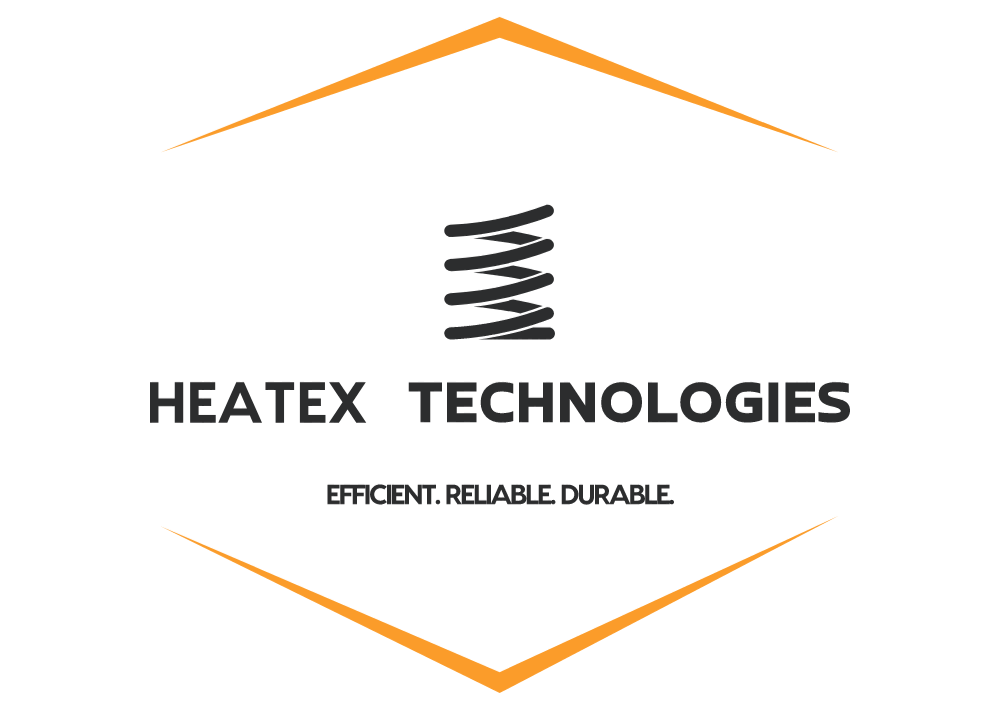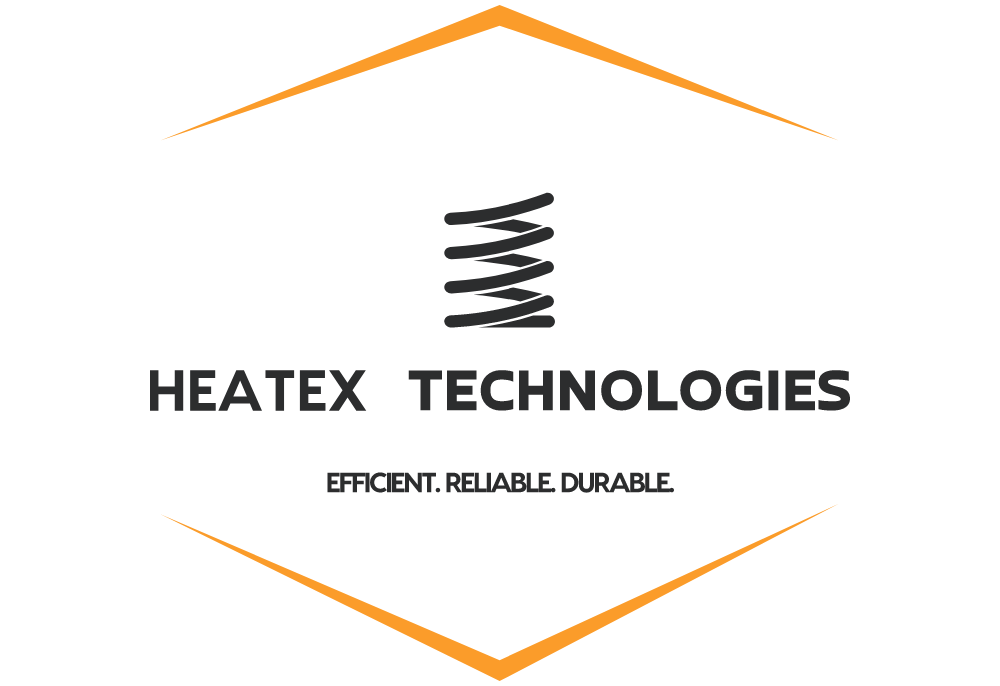Wastewater Industry
Coils and heat exchangers are essential components in the wastewater industry, where they are utilized for various applications related to heat transfer, thermal management, and wastewater treatment processes. Here's how they are commonly used:
Wastewater Treatment Plants:
- Heat Exchangers in Anaerobic Digestion: Coils and heat exchangers are employed in anaerobic digestion processes within wastewater treatment plants to maintain optimal temperatures for microbial activity. Heat exchangers help heat or cool the digester contents, promoting the decomposition of organic matter and the generation of biogas for energy recovery.
Sludge Dewatering and Drying:
- Drying and Incineration Systems: Coils and heat exchangers are used in sludge drying and incineration systems to remove moisture from sewage sludge and dry it to a solid or semi-solid form for disposal or further processing. Heat transfer is essential for evaporating water from sludge efficiently and minimizing disposal volumes.
Wastewater Heat Recovery:
- Heat Exchangers for Heat Recovery: Coils and heat exchangers are employed to recover heat from wastewater streams for energy conservation and cost reduction. Heat exchangers transfer heat from hot wastewater to preheat incoming influent or to generate hot water for facility heating or other applications, improving overall energy efficiency.
Industrial Wastewater Treatment:
- Industrial Process Cooling: Coils and heat exchangers are utilized in industrial wastewater treatment processes for cooling hot process streams or effluents before discharge or further treatment. Heat transfer equipment helps reduce the temperature of wastewater to meet regulatory requirements and protect aquatic ecosystems.
Desalination and Water Reuse:
- Desalination Plants: Coils and heat exchangers are integral components of desalination plants, where they facilitate heat transfer in thermal desalination processes such as multi-effect distillation (MED) or multi-stage flash (MSF) distillation. Heat exchangers help evaporate seawater to produce freshwater, contributing to water supply diversification and sustainability.
In the wastewater industry, coils and heat exchangers play vital roles in enhancing process efficiency, energy recovery, and environmental sustainability. Their application in wastewater treatment plants, sludge management systems, heat recovery initiatives, and industrial wastewater treatment processes contributes to the effective management and treatment of wastewater while minimizing environmental impact and resource consumption.
© 2025
All Rights Reserved | HeatEX Technologies LLC

